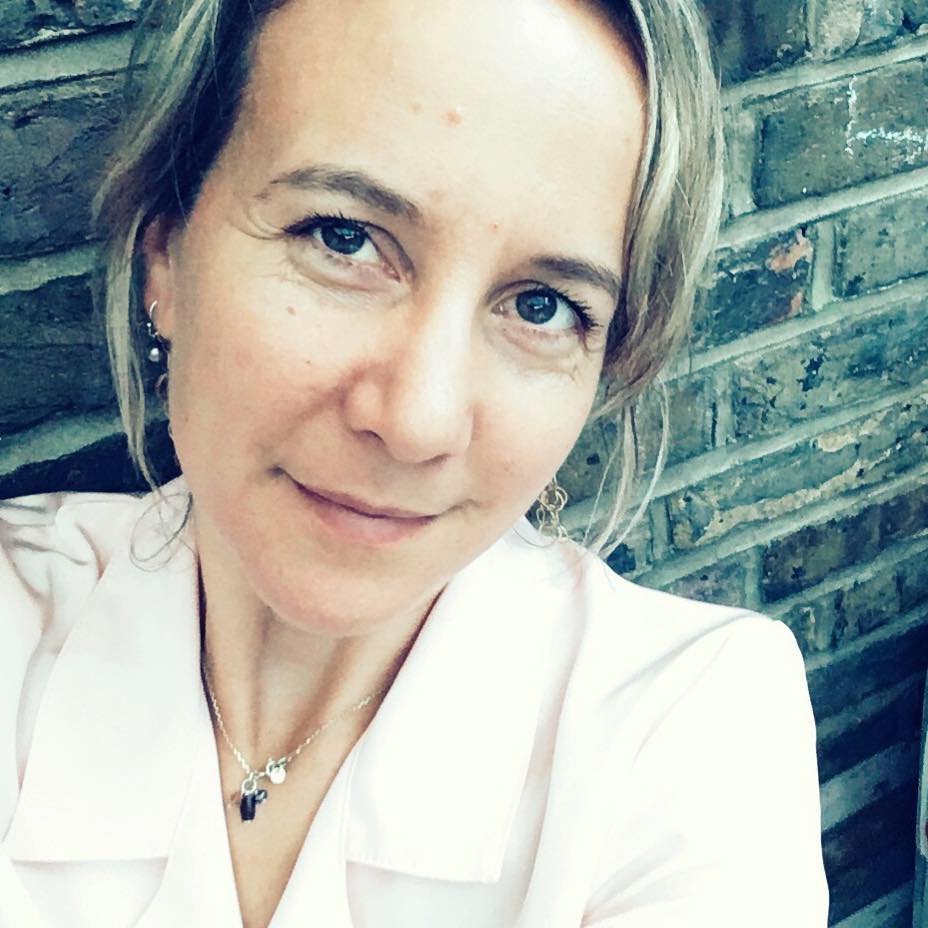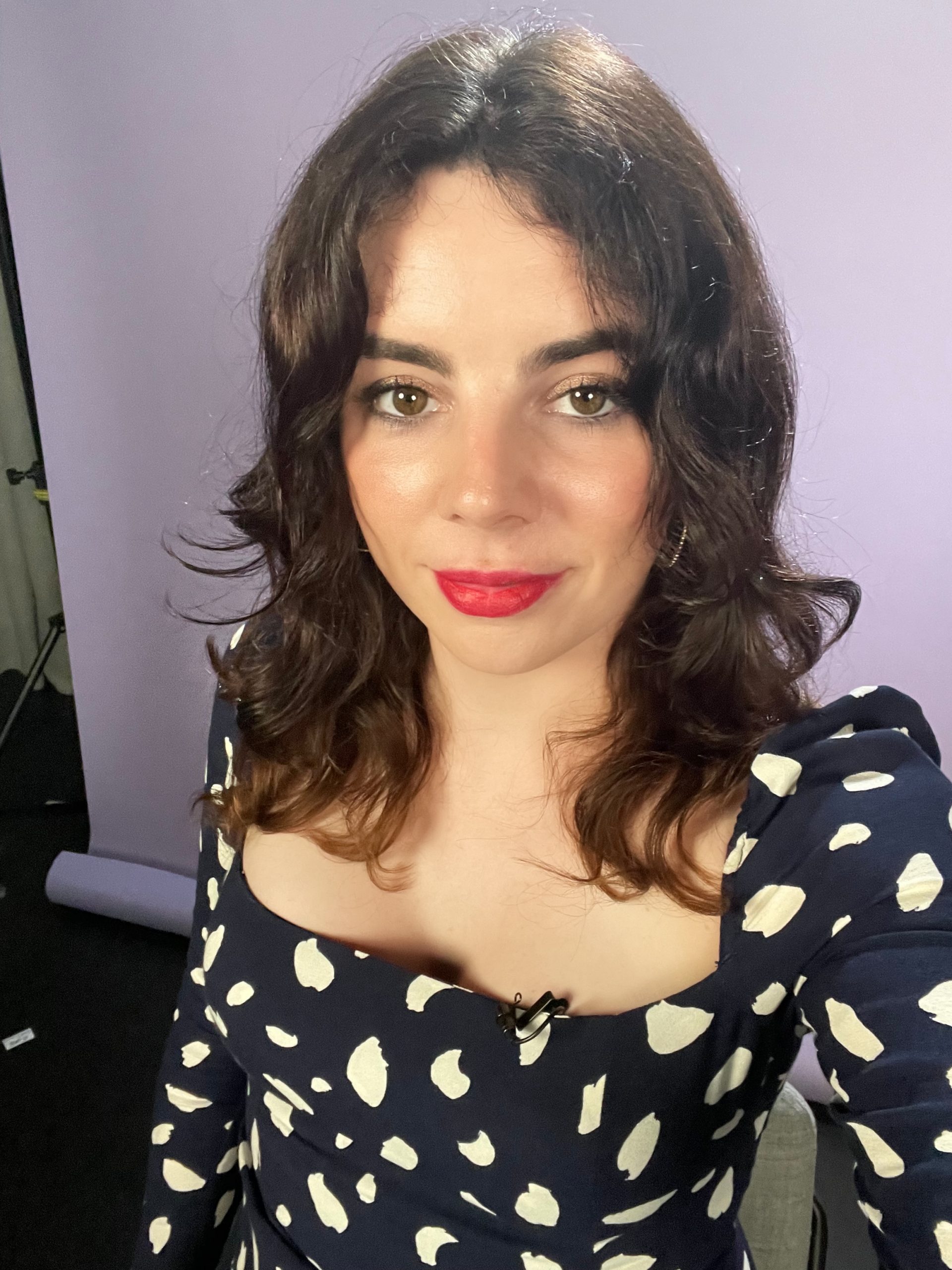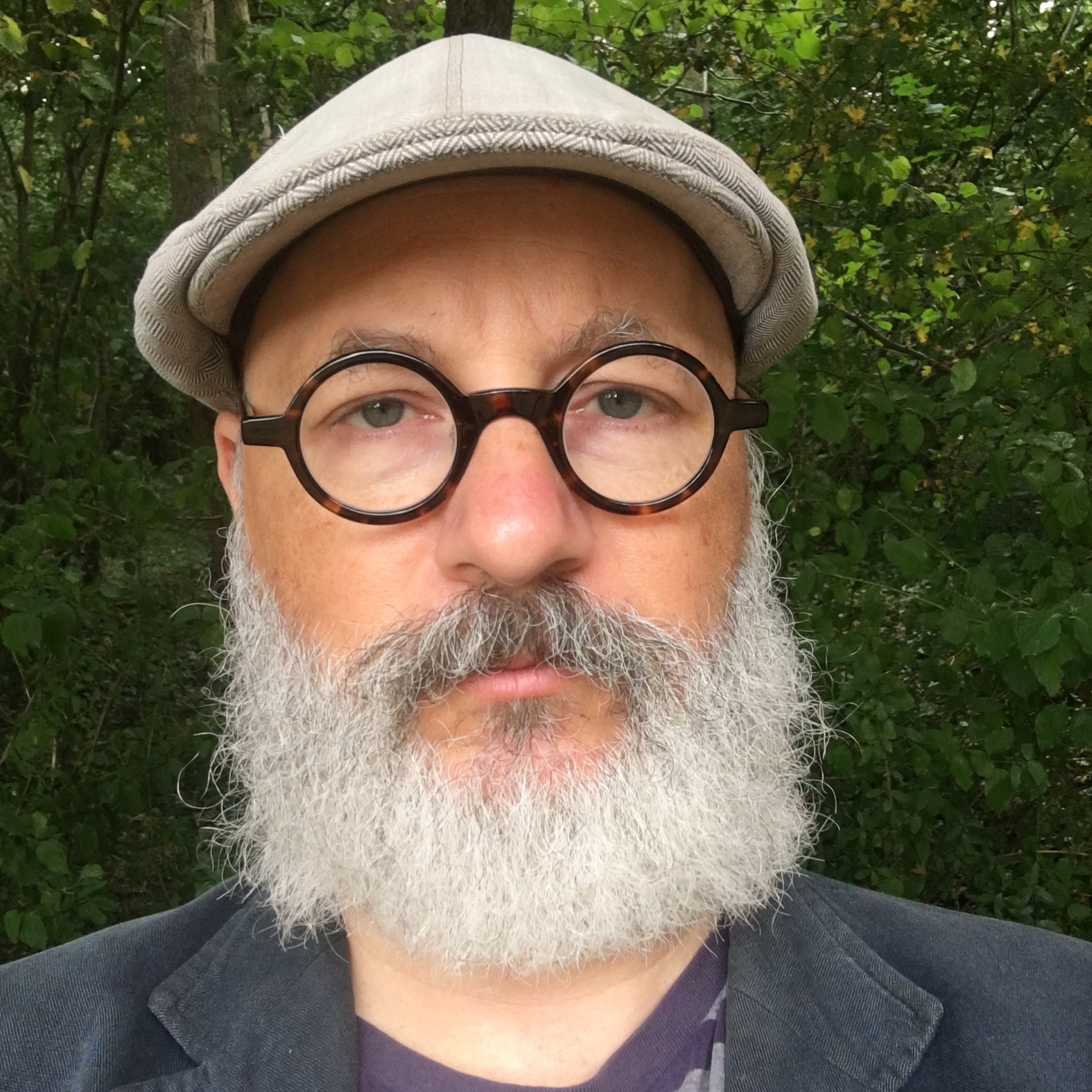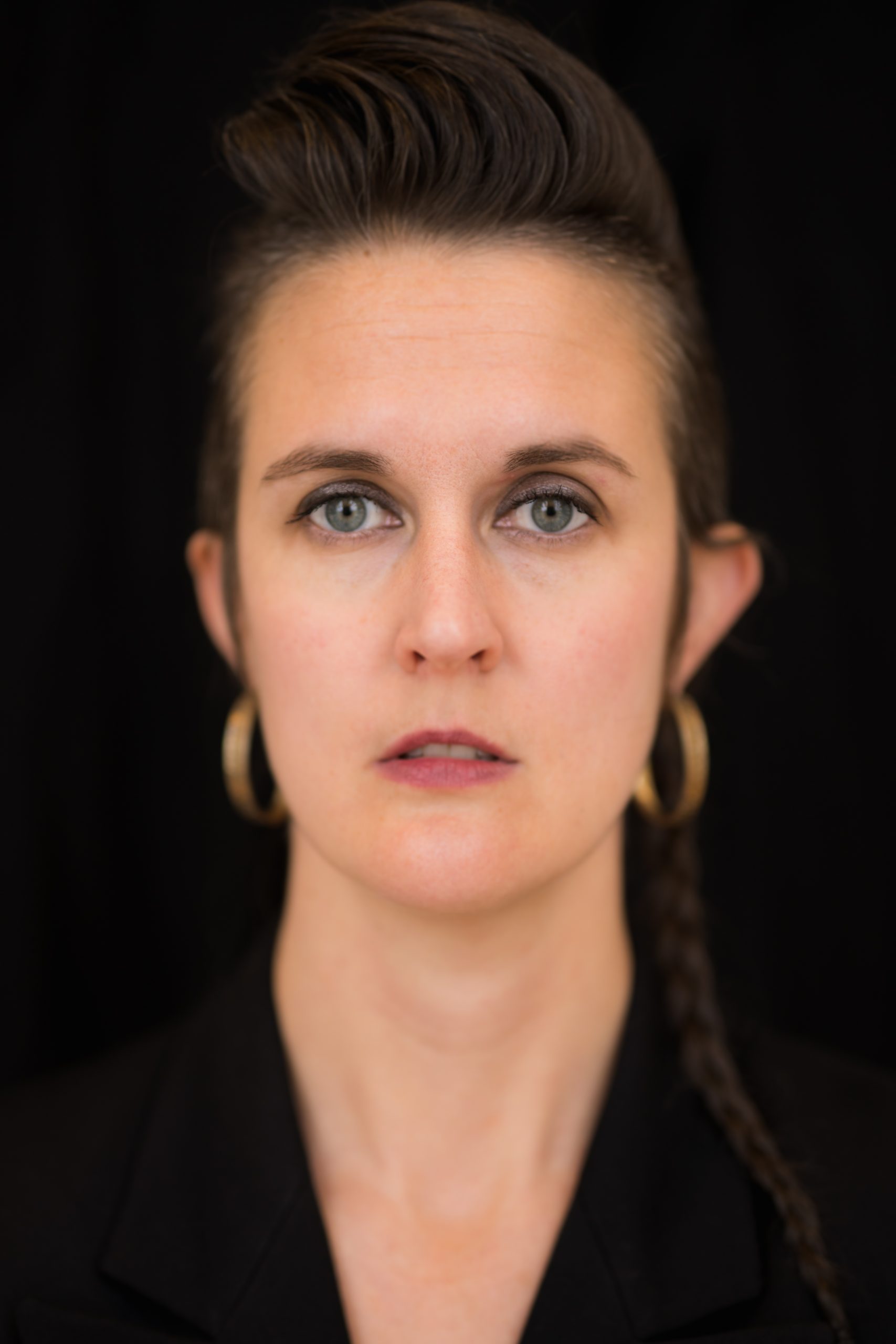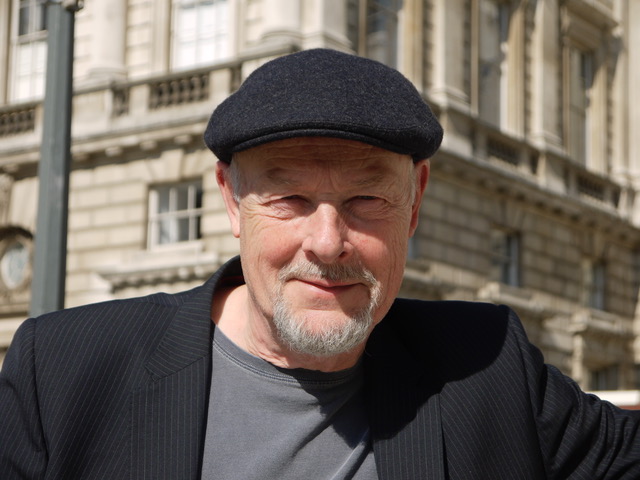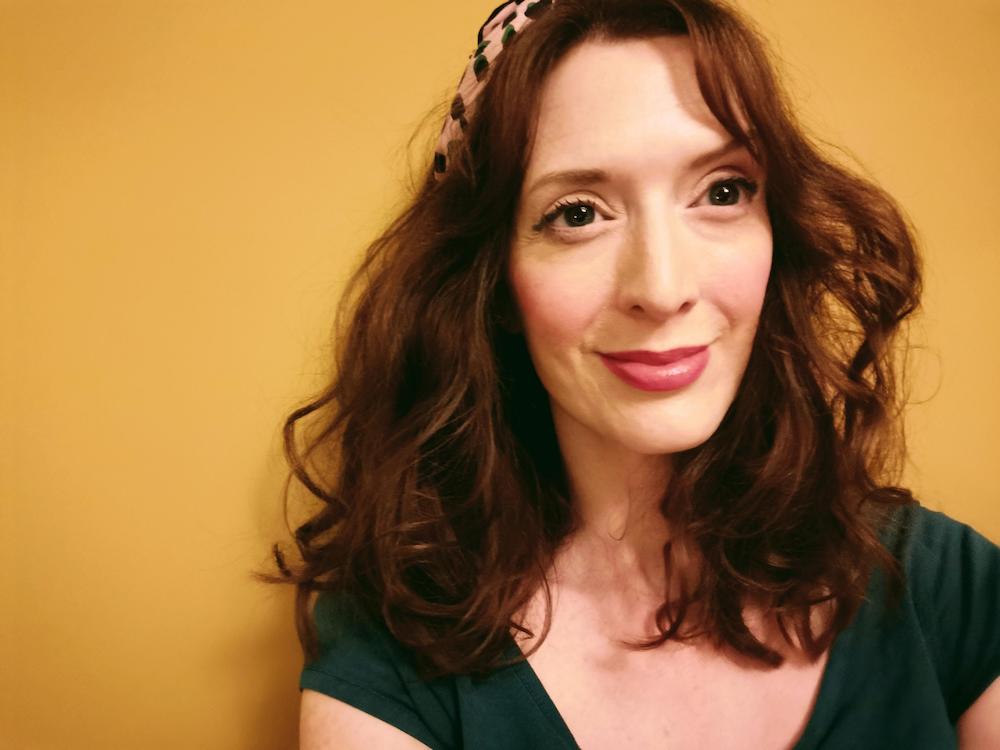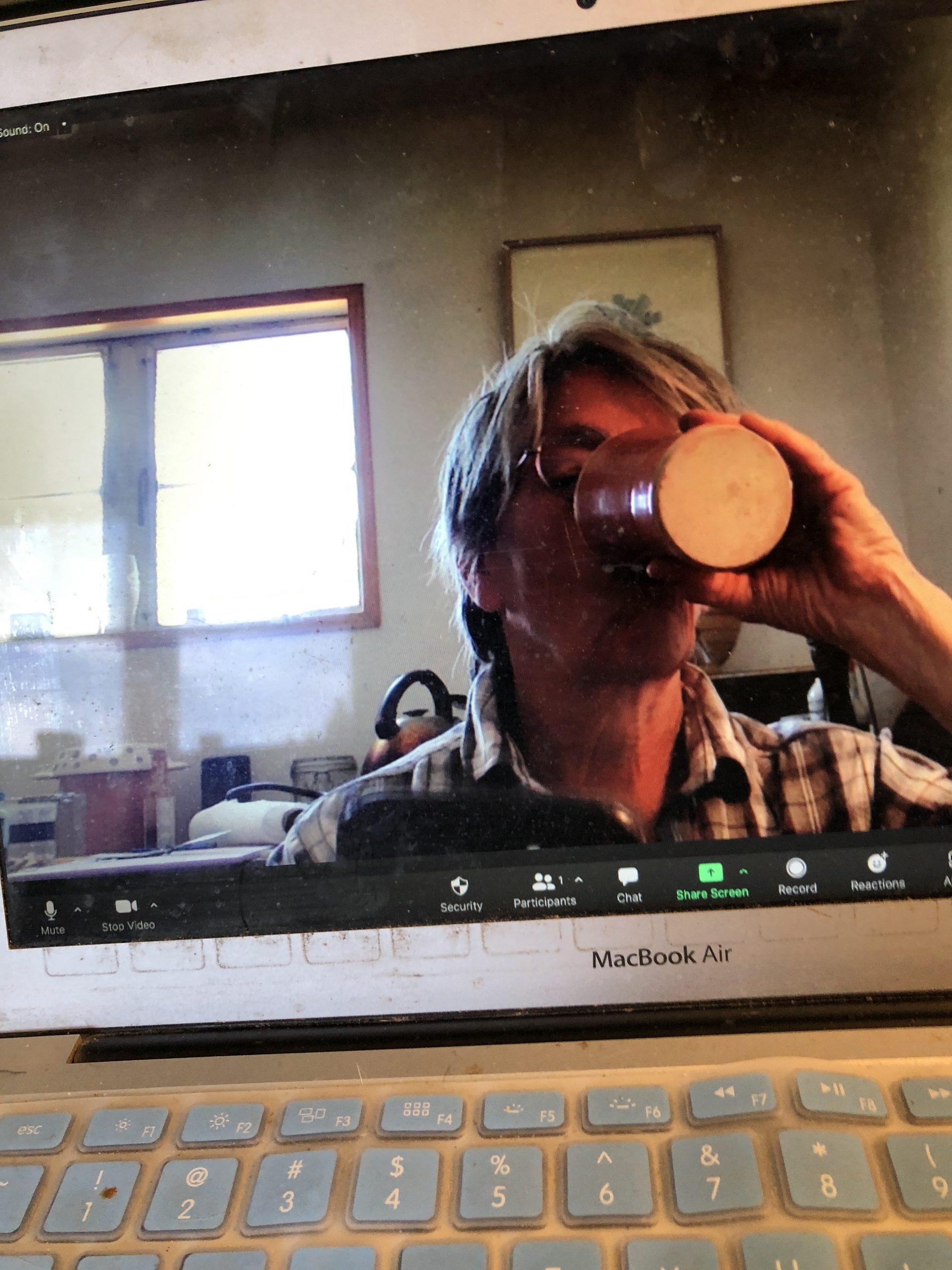Interview: Lily Dunn
Nilgin Yusuf interviews Lily Dunn
“Everyone has a right to their story.”
Lily Dunn is a writer, teacher and lecturer in Creative Writing and narrative non-fiction at Bath Spa University and recently completed her PhD at Birkbeck. Her novel, Shadowing the Sun was followed by A Wild and Precious Life, an anthology of recovery stories, co-edited with Zoe Gilbert. Her recent memoir, Sins of My Father: A Daughter, A Cult, A Wild Unravelling, (Weidenfeld & Nicolson) was described by The Spectator as an ‘astonishing and valuable’ contribution to the genre.
I met Lily Dunn when I attended her course at the London Lit Lab entitled Writing Compelling Memoir in 2021. As I prepared to write my own dissertation, an exploration of childhood and formative influences on my future as a writer, the course brightly illuminated this personal form of creative non-fiction.
Dunn’s recently published memoir, Sins of My Father, was driven by a single burning question. Why, when she was six years old, did her father leave the family home, including her mother and brother, to join a cult in India? Through personal memories, interviews with family members, the examination of photographs, dreams and reading around alcoholism, addiction, abuse within public schools and coercion within cults, the author is simultaneously detective, psychoanalyst, therapist and scholar. But crucially, she is a daughter who needs to understand. Here, Lily Dunn discusses her process, catharsis and why the hybrid memoir is making its mark on contemporary literature.
Why is the literary memoir gaining popularity right now?
When we hear ‘memoir’, people often think of the celebrity memoir or misery memoir. But I’m interested in the literary memoir, which has sub-genres and might be seen as a hybrid memoir, one that combines the life story with literary criticism, cultural commentary, or art history. Memoirs may, for instance, venture into biography, travel writing or literary criticism, so it’s becoming a more expansive field.
Amy Liptrot’s The Outrun might be placed in the nature section but it’s a memoir about alcoholism and self-realisation. Sinéad Gleeson’s Constellations looks at femaleness, illness, feminism and art. A Ghost in the Throat by Doireann Ní Ghríofa is a beautiful memoir about being a mother in a domestic space but is combined with the translations of an Irish poet whose story has not been explored in history, so Ní Ghríofa reclaims this woman’s story. Thin Places by Kerri ní Dochartaigh is deeply ingrained in her own traumatic childhood but also the political situation in Ireland. By reading these books, you’re getting wonderful, personal emotive stories while learning something of history, culture or politics.
Can anyone write a memoir?
There’s still some stigma around it. Some people think, ‘well, who are you? Why are you writing a story about your life?’ Everyone has a right to their story. I think people increasingly turn to real-life stories. Social media is part of this but also, the sheen of celebrity becomes too superficial, uncomfortably so, in times of strife. For obvious reasons, there’s been recent interest in the stories of care workers like Adam Kay’s, This is Going to Hurt, based on diary entries of his life as a doctor, which was also dramatised for TV.
Describe the craft of literary memoir.
I always tell my students they need to write with the reader on their shoulder and ask themselves, ‘why does this matter beyond me?’ It’s imperative it goes beyond a personal story. When I read Educated by Tara Westover, I realised the form could be powerful and affecting and change the way people think and feel.
When I teach memoir, I focus on how to make a story compelling, how to apply fictional techniques to non-fiction including scene-setting, drama, dialogue and engaging with the senses. You must feel compelled to interrogate something within and be prepared to expose parts of yourself and explore what some people may feel is private, not for publication.
How has the process of writing, Sins of My Father, helped you?
There’s something profound about going through the process of researching, writing, rewriting and crafting a personal story, and it becomes more detached from you the longer you live with it. Through the process of trying to understand somebody and reading around certain behaviours, whether that’s addictions or joining a cult, you start to see that person as a type and that can be helpful because it somehow depersonalises it, taking away its power to hurt you.
What was the most challenging part?
In the early parts of the process, stuff was churned up. But, once you get through that, you have the material there, then the crafting and making of it into a beautiful thing becomes really empowering and satisfying because it starts to give something back to you.
When I was going through my marriage separation, I felt compelled to write out some of the more traumatic events of my past, particularly those that involved my dad in the last years of his life, when he was dying of alcoholism. They came out in a fit of inspiration and a need to get the experience on the page but it was painful and I often ended up crying.
It must have been cathartic?
The book evolved with my natural curiosity and the whole process of facing up to difficult tasks can teach you a lot. I was also going through therapy and having to face things because my life had been turned upside down. Writing changes as you change but it’s important to take your time. You can’t knock something like this out quickly. You need to take care; the longer you give yourself to reflect, the better it will be.
Can you speak about the role of imagination in memoir writing?
I had to reimagine things I hadn’t directly witnessed, so this was a process I engaged with a bit. But the trick with non-fiction is to always be upfront and honest. As long as you tell the reader what you’re doing, you remain a reliable narrator and that’s imperative. You could argue I don’t have the right to step into my father’s skin but I wanted to get close to him in order to understand him, so I had to do it this way.
In the opening scene, I desperately needed to understand how my father could get himself into the state where he responded to a scam email, which proved to be his undoing. I’d visited him many times in that house in California and so I knew of his routine. He was very deluded by the end of his life, lived a repetitive existence and we were in close contact. So, I wasn’t creating something I didn’t know. There’s something about committing to the detail in an intimate way which almost takes you closer to the truth. I wanted to give as good and as whole a picture of his life as I possibly could, and I’ve been told that the attention to detail in those imaginary scenes brought another layer of compassion and love.
Although this is a book primarily about your father who is largely absent, your mother is a constant presence. How has your relationship evolved?
It’s hard to write about someone you’re close to, but I asked her to read the final draft before it went to the publisher which allowed her to feed in some small details or say if she wasn’t happy with something, and that process was important because she was a part of the production of the book.
As a child, me, my mum, and brother were a unit. There were fractious times when I blamed her for my pain, but like so many single mothers she was the ‘unsung hero’. My dad was the starry one who had always taken my attention, which I imagine was hard for her at times, but I hope this book is something of a tribute to her. She remains fiercely protective and proud of my brother and me. It’s the world against us. So if anyone is unhappy with the book or the way I’ve articulated or depicted something that has affected them, it’s not just me that has to deal with it, it’s all of us.
The mother is often the one who stays, therefore unglamorous and underappreciated. But this book was also about allowing her personality and character to come through. I feel it honours her and is the story of so many women who are left with the children, and rarely acknowledged for the important role they have.
This memoir isn’t about settling scores. I found it deeply empathetic. Was that important to you?
Empathy is important to any writer. We’re all drawn to faulted characters because faults make a person more real. This book was never about blame. It’s more interesting to present the facts as they are and let the reader make their own decisions. I’ve never stopped loving my dad. I wrote this book to give myself a voice, in the shadow of my father’s choices, which so often were noisy in their selfishness and destruction.
Has writing Sins of My Father brought you peace?
I’m no longer in the shadow of the grief over my father, and my life is in a more settled place. My publisher made me realise I didn’t have to forgive him and it’s more about freeing myself from his influence. It’s possible to hold somebody in our hearts but understand what they did was unforgivable yet not let that ruin our lives. I sometimes have pangs of guilt that I did this without his consent, but then I remind myself my voice was hidden for much of my childhood because of his disregard. I also attempted to really understand him through the process of writing this – it could have been such an entirely different book – and through writing this, I’ve dignified him. It’s not necessary to forgive in order to free yourself.
Nilgin Yusuf is a London-based author and journalist who recently graduated from Birkbeck’s BA in Creative Writing. Her monologue, George which explores isolation and human connection was selected for the Lost Souls Monologues podcast and can be heard at https://lostsoulsmonologues.com An extract of her own memoir, Ink: An Alphabet Book recorded for Birkbeck Arts Week 2022 can be heard at nilgin_yusuf on Instagram. Currently working on her play and first novel, find her on Twitter @nilgin or contact nilgin@nilginyusuf.com
